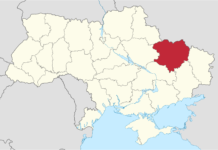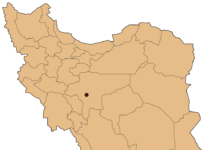Modern-day strongmen have been reinventing authoritarian control to meet the demands of an increasingly media-savvy and internationally interconnected society over the last few decades.
To control their people, leaders like Vladimir Putin and Recep Tayyip Erdogan, and Viktor Orbán falsify information and impersonate democratic institutions.
They manipulate the news, just like spin doctors do in democracies, to engender support.
This new kind of authoritarianism has been uncovered by Sergei Guriev and Daniel Treisman, who describe how these “spin dictators” develop and function, as well as the new challenges they bring and how democracies should react.
When it comes to monopolizing power, these leaders pioneered less violent, more clandestine approaches such as the “Spin Dictator” strategy.
While growing international participation for financial and reputational gain, they built an appearance of competence, hid censorship, and exploited democratic institutions to subvert democracy.
According to their research, a majority of the current “authoritarian” leaders are spin tyrants, and how they vary from “fear tyrants” like Kim Jong-un and Bashar al-Assad, and high-tech repression masters such as China’s Xi Jinping.
Showcasing some of the greatest political problems of our time—from how dictators can survive in an era of increasing technology to the worrisome convergence between dictators and populists like Donald Trump—Spin Dictators provides an insightful look at some of the most pressing issues.










